The 10 athletes of the Olympics’ first all-refugee team
The International Olympic Committee (IOC) has announced today (June 3), the names of the athletes who will compete this summer in Rio as the first ever Refugee Olympic Team.
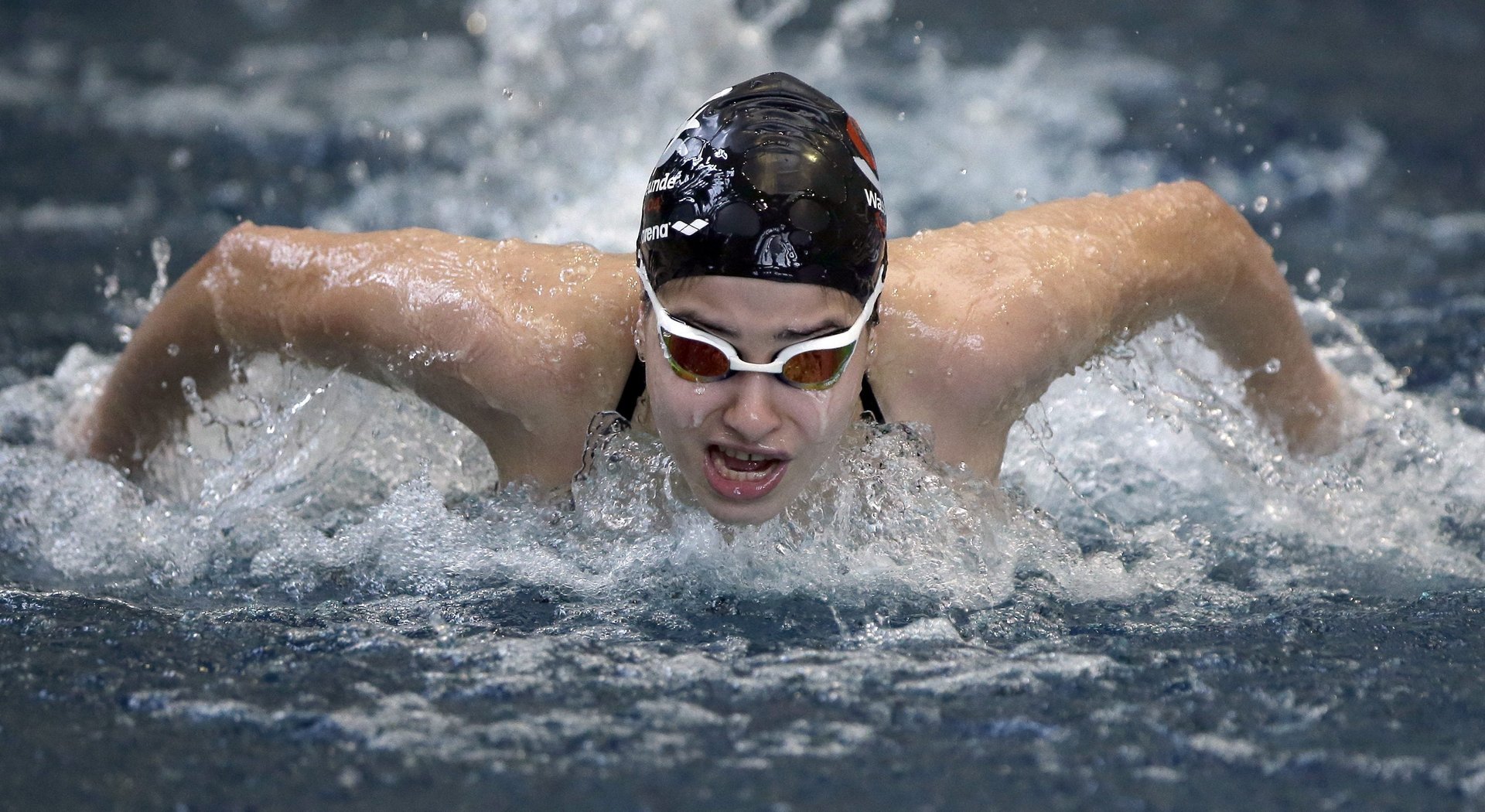

The International Olympic Committee (IOC) has announced today (June 3), the names of the athletes who will compete this summer in Rio as the first ever Refugee Olympic Team.
The team of ten, selected from 43 candidates, includes six men and four women, aged 18 to 26, who fled the Democratic Republic of Congo, Ethiopia, South Sudan, and Syria. They are six short, medium and long distance runners, two swimmers and two judokas.
The Olympic committee presents the initiative as an effort to raise awareness of the refugee crisis and recognize the value of refugees. “The Olympic anthem will be played in their honor and the Olympic flag will lead them into the Olympic Stadium,” said IOC president Thomas Bach, presenting the team.
Taking a cue from the spirit of the ancient Olympic truce between Greece’s city-states, which suspended wars and banned army interference with the games, the Olympic Committee often recognizes athletes regardless of political and national borders. Since 2012, for instance, Palestine has taken part in the Olympics as an independent team, although the declared state hasn’t yet gained United Nations recognition.
Here are the names and faces of the Refugee Olympic Team:
Yusra Mardini, swimming, Syria
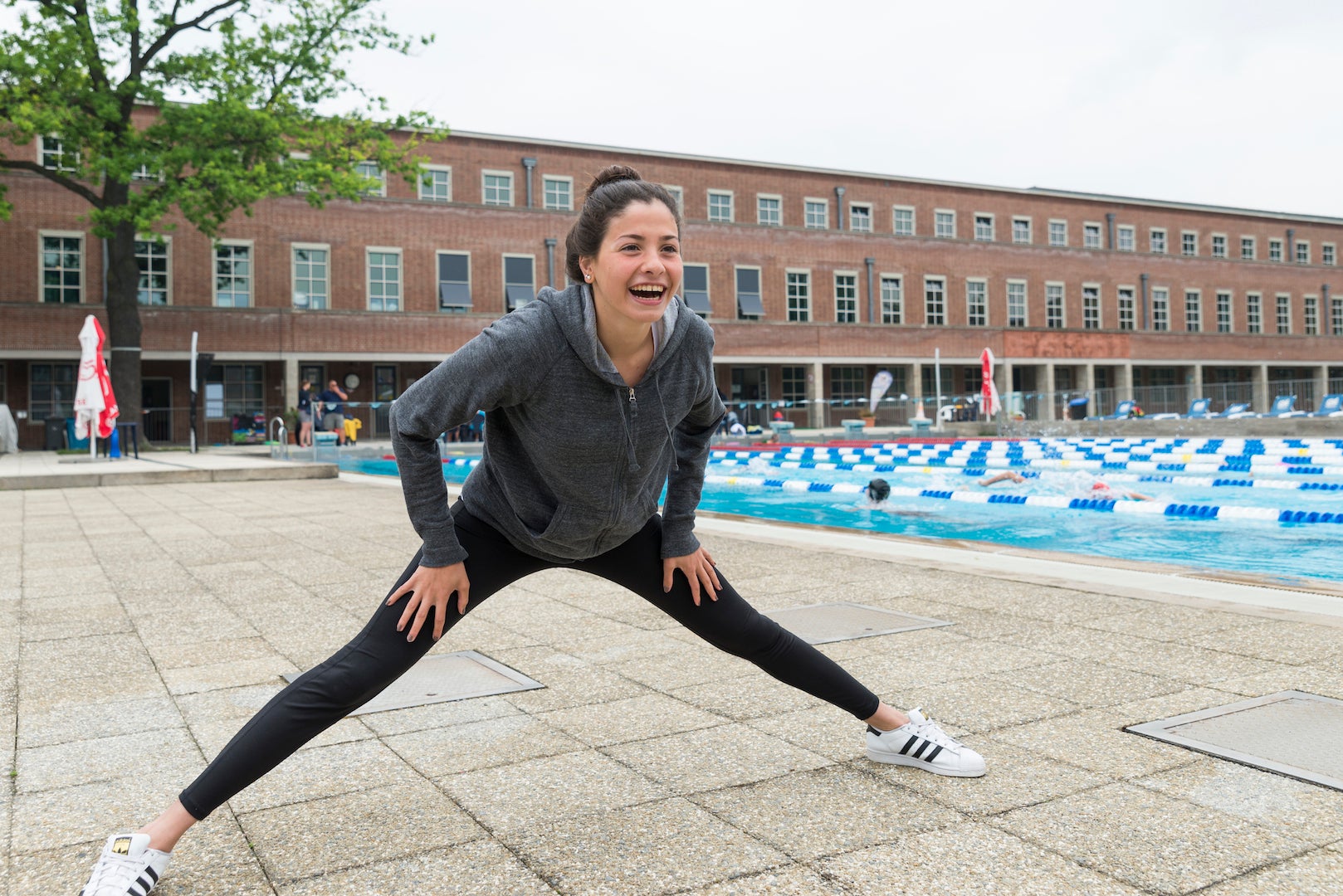
Traveling to Rio from Germany, where she has been living with her family since 2015, the 18-year-old swimmer Yusra Mardini doesn’t need to win an Olympic medal to become a hero—she’s one already, by any standard. In 2015, with her sister, she pushed a boat whose engine had stopped for three hours across the Aegean sea, bringing 18 fellow refugees fleeing Syria via Turkey to safety in Lesbos.
“It was very hard,” Mardini says of her journey as a refugee, “but sometimes you just have to move on… because the problems maybe will bring you everything, like me. The problems are the reason why I am here, and I am stronger.”
“My sister, when she wants to encourage me, tells me ‘show them the refugee, what she will do,'” Mardini continues. She explains in another video, ”when you’re an athlete, you do not think if you’re Syrian or from London or Germany. You just think about your race, and you have your lane, your swimming cap, your swimming clothes, and that’s it.”
Rami Anis, swimming, Syria
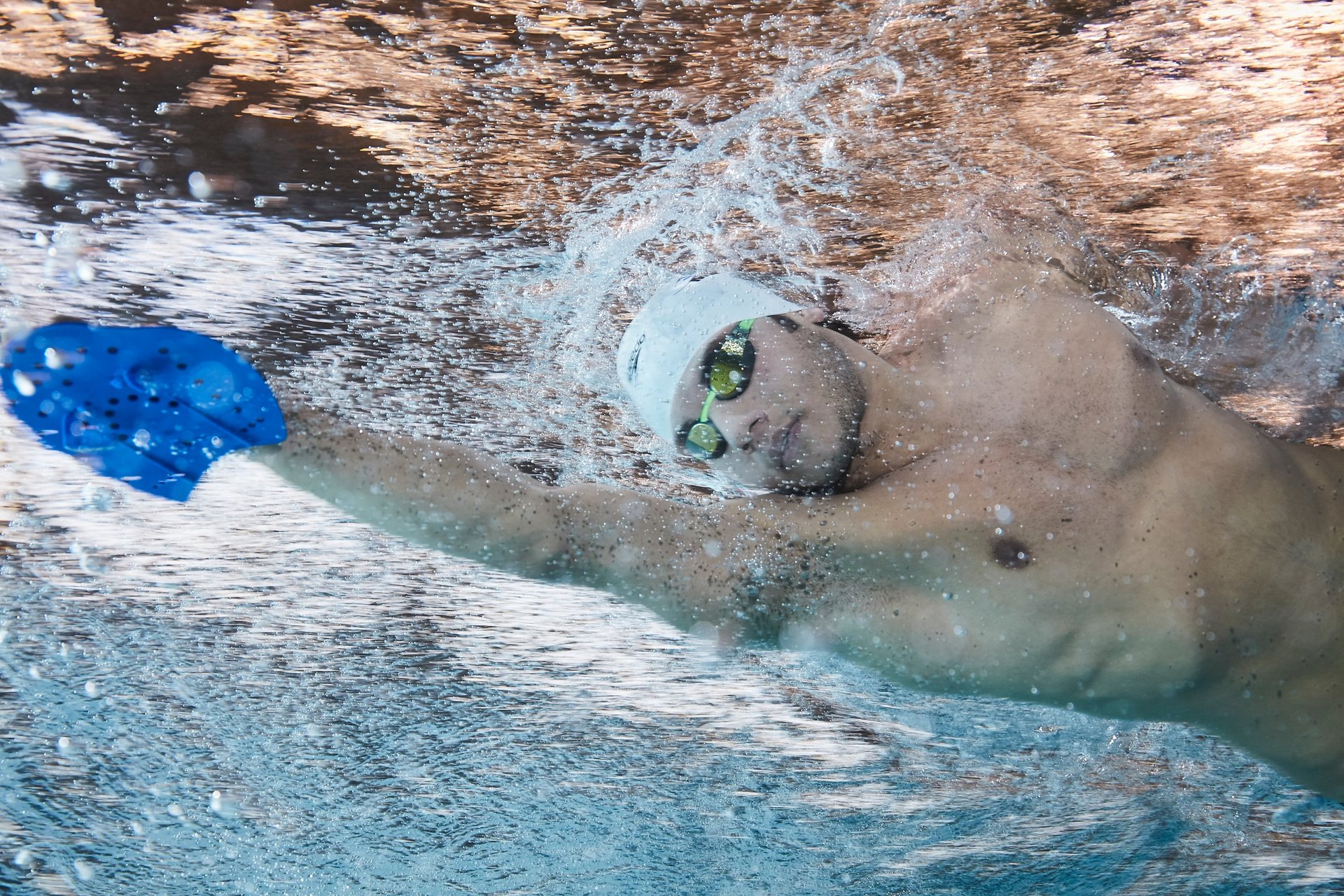
Rami Anis, 25, was already an internationally competitive swimmer in Syria when war broke out and he faced being forcefully enrolled in the army at the age of 20. He and his family sought refuge in Istanbul, Turkey, and eventually he and his family crossed to Greece on a rubber boat. Then they traveled for 10 days and nights without proper food through Macedonia, Serbia, Hungary, Austria, and Germany, before finally arriving in Belgium, where they now live.
He is excited about the upcoming challenge (“I will see the big swimmer Michael Phelps,” he says). “When it comes to sport, there is no difference between a refugee or a Syrian,” he says, “you just have to compete to be at the top.”
Yiech Pur Biel, athletics (800 m), South Sudan
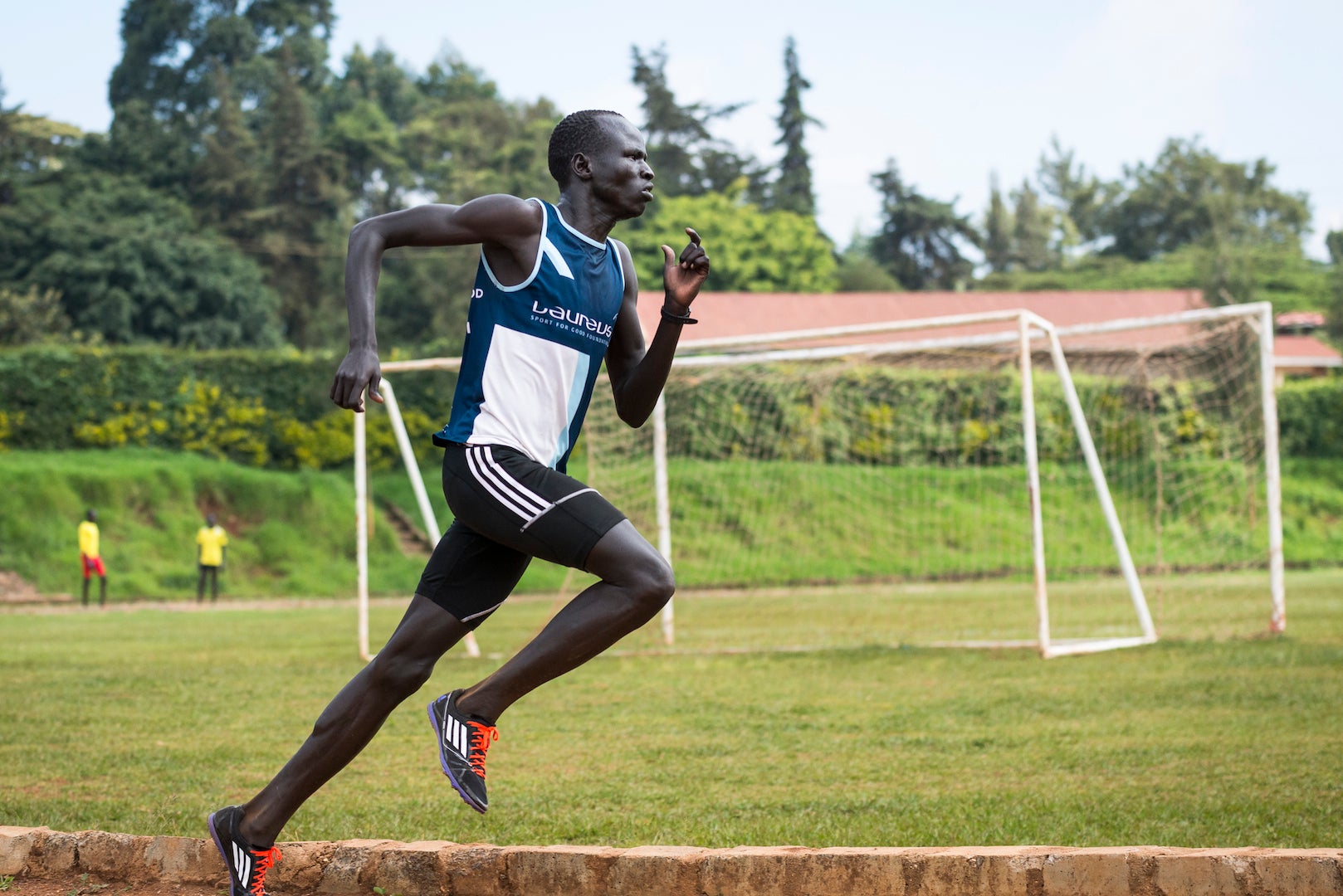
The short-distance runner Yiech Pur Biel became a refugee as a child in 2005, when he left South Sudan for Kenya, where he now lives and trains. The 21-year-old’s passion for running is a recent discovery—which makes his achievement all the more remarkable. He used to play football in Kakuma, a refugee camp in Kenya. ”When we ran in Kakuma, most of the people didn’t even have shoes,” Biel recalls.
Biel hasn’t left Kenya since he got there. “To go out to Brazil, it will be a great moment in my life and a story to my children and grandchildren,” he says.
He now calls himself an ambassador for refugees, explaining, “We are human beings like other people, you see.”
Anjelina Nadai Lohalith, athletics (1,500 m), South Sudan
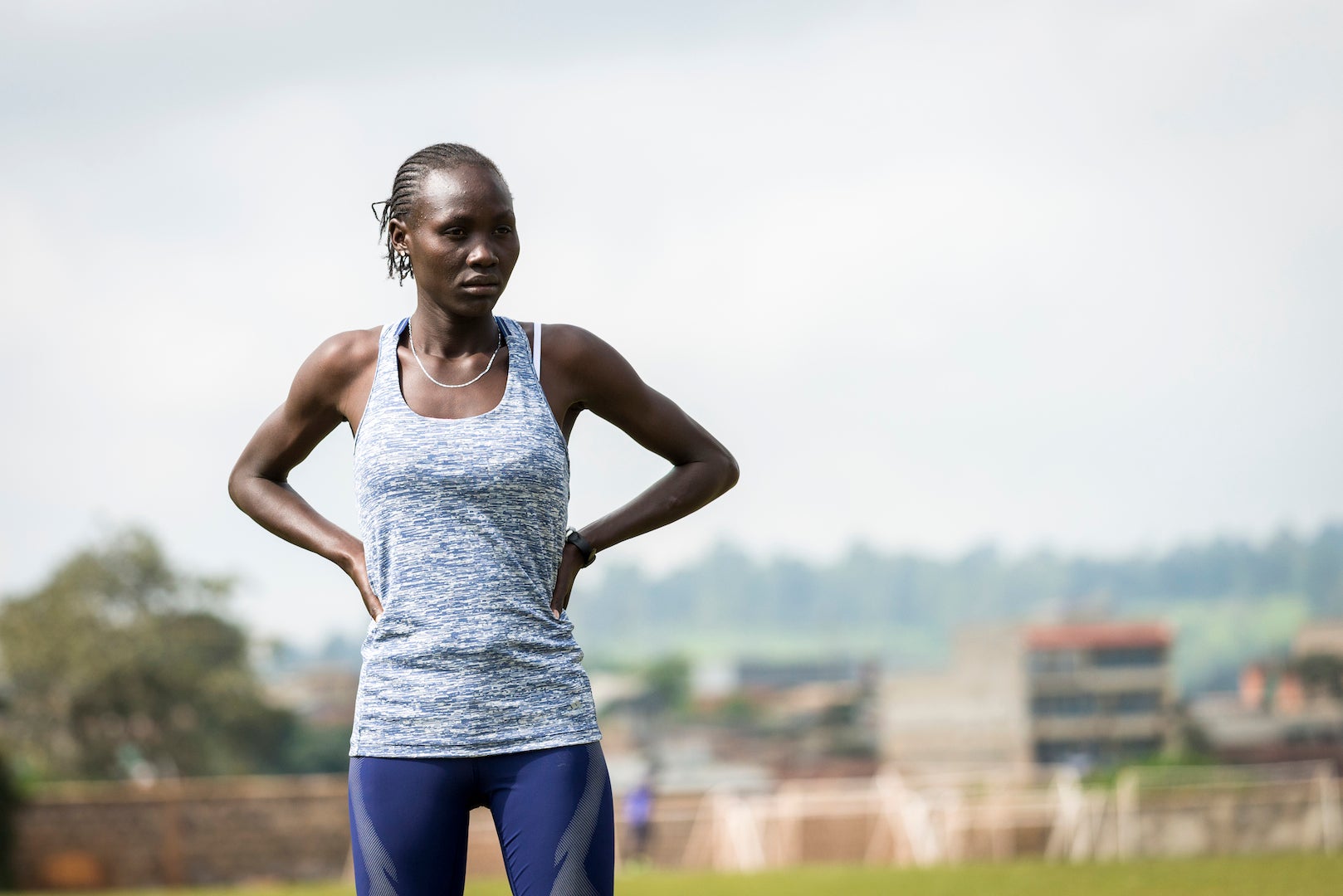
The 21-year-old middle distance runner Anjelina Nadai Lohalith arrived in Kakuma refugee camp in Kenya from South Sudan in 2002, accompanied by her aunt. She had to leave her siblings and parents behind, and hasn’t had any contact with them since.
She started running in high school, and has been training professionally with the Tegla Loroupe Foundation since 2015.
She hopes her sporting success will allow her to help those close to her: “I might earn some money to at least improve the life of my family,” she says.
Popole Misenga, Judo (under 90 kg), Democratic Republic of the Congo
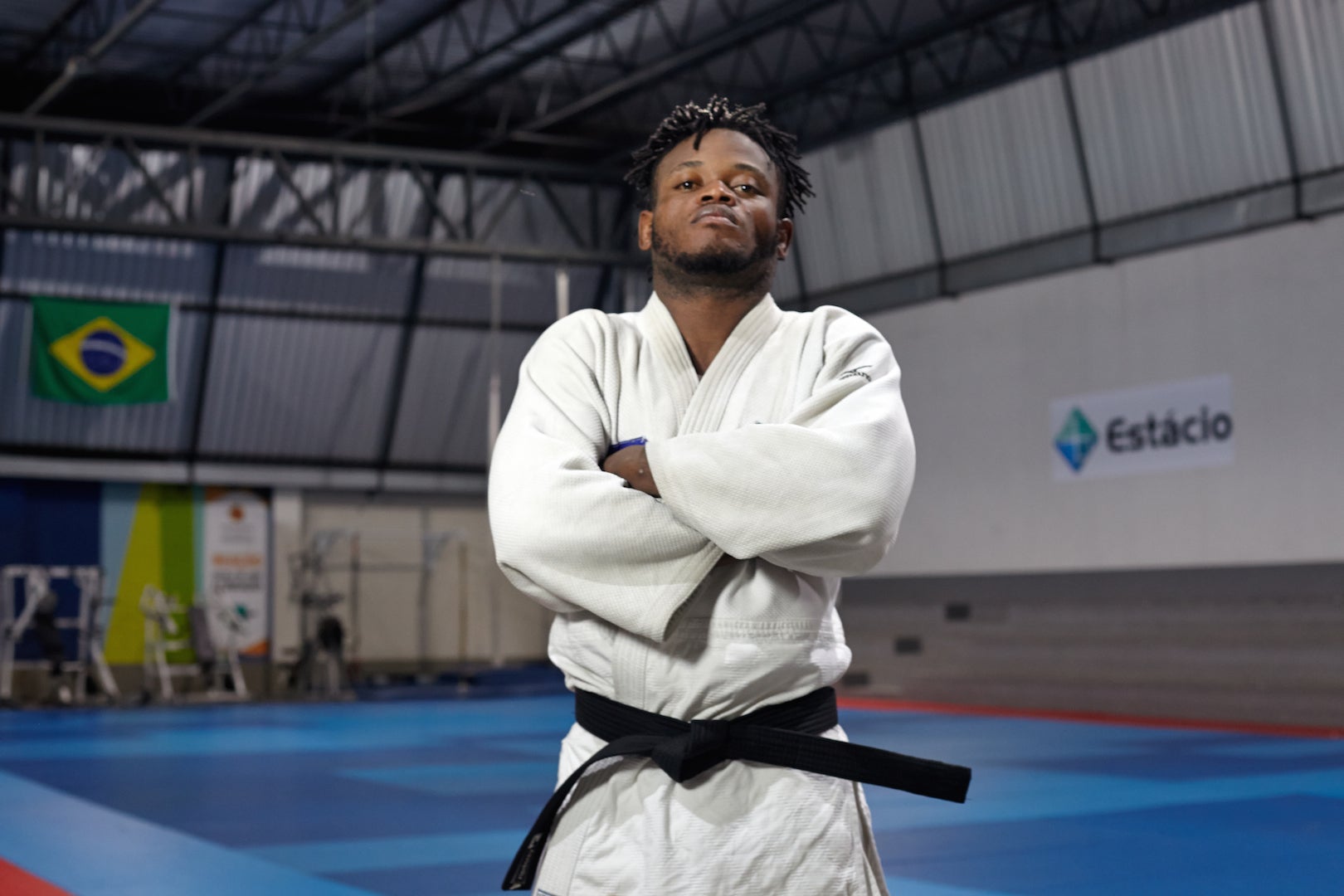
Popole Misenga, 24, will have a pretty short trip to the summer Olympics. Since he left the Democratic Republic of the Congo (DRC), which he represented as a professional judoka, he has been training with fellow refugee teammate Yolande Mabika in Rio de Janeiro, Brazil.
Originally from Bukavu, a part of the DRC particularly ravaged by war, he was initially internally displaced and trained as a judoka in his country. During the civil war, his mother was killed and one of his brothers went missing. After arriving in Brazil for the World Judo Championship in 2013, he sought asylum.
“When I think that I am now an Olympic athlete, it feels really strange,” Misenga says. ”I’m going to fight for my home.”
Yolande Bukasa Mabika, judo (under 70 kg), Democratic Republic of the Congo

Like Misenga, Yolande Bukasa Mabika, 28, applied for asylum in Brazil, where she had traveled representing the DRC at the 2013 World Judo Championship. She now lives in Rio de Janeiro and trains at the Instituto Reação. She too was born in Bukavu and sought asylum as the war stopped her from training and competing as a judoka.
Her message to refugees, Mabika says, is “not to give up on hope and to keep believing, to have faith in their hearts.”
Rose Nathike Lokonyen, athletics (800 m), South Sudan

Rose Nathike Lokonyen, 23, escaped the war in South Sudan with her family in 2002, arriving in Kakuma refugee camp, in Kenya. Though her parents went back to their native country, she remained in Kenya with her siblings, and she trains as a short distance runner in Nairobi.
To be selected to train as a professional with the Tegla Loroupe Foundation, she competed against other refugees. “Some of us were running without shoes,” she recalls, “like me, I was running barefoot… We ran 10 km, and I came second.”
Paulo Amotun Lokoro, athletics (1,500 m), South Sudan
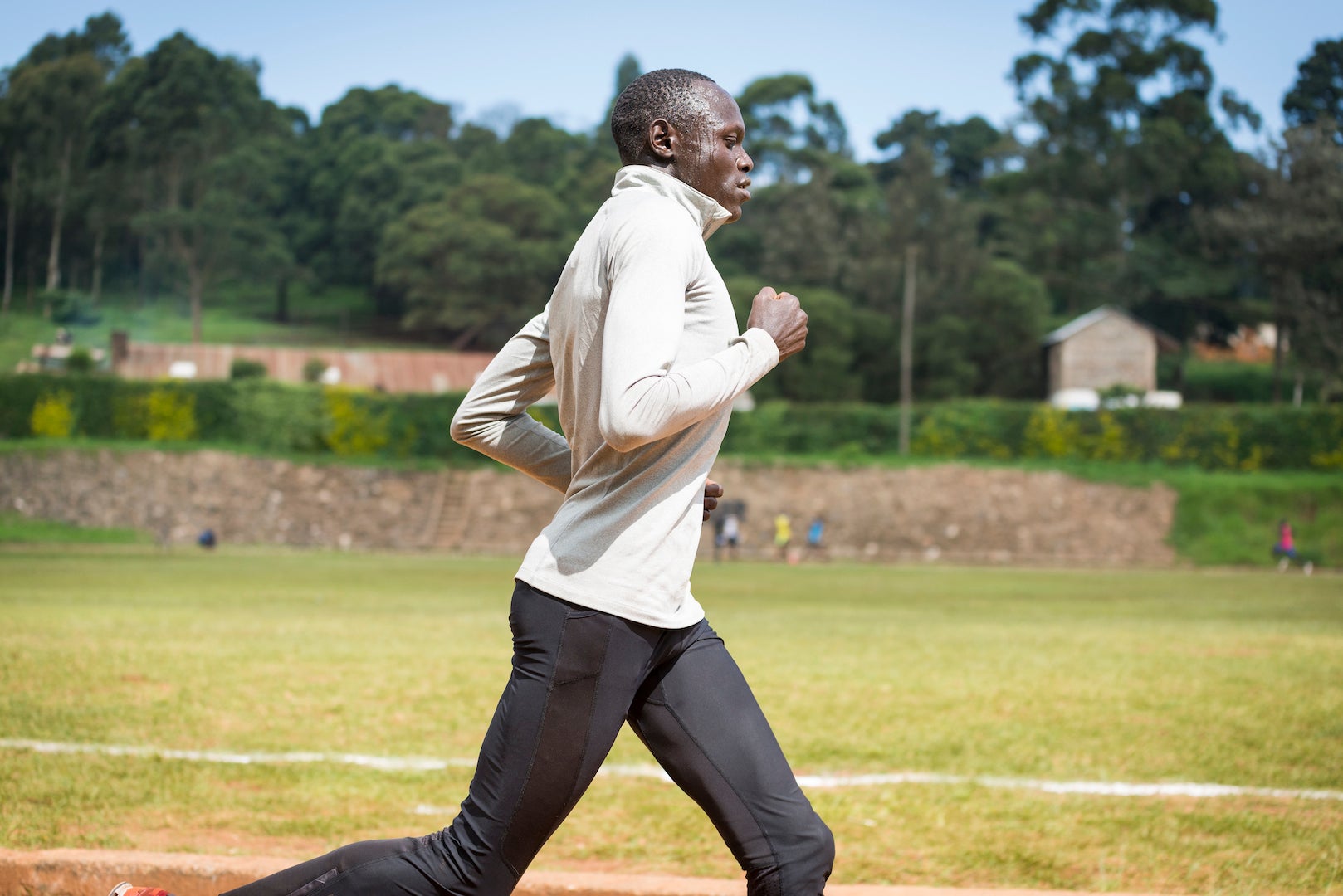
Paulo Amotun Lokoro, 24, is a medium distance runner originally from South Sudan who trains in Nairobi, Kenya. As a child, he used to look after cattle for his family, and remained in his village even after his parents fled the war, until he escaped with an uncle and his sister. His journey was through the forest, he says, without food other than some fruit. He reached Kakuma refugee camp, where his mother had been living since 2004, in 2006.
His goals are ambitious: “My dream, I want to break the record of the world. I want to win the gold.”
James Nyang Chiengjiek, athletics (400 m), South Sudan
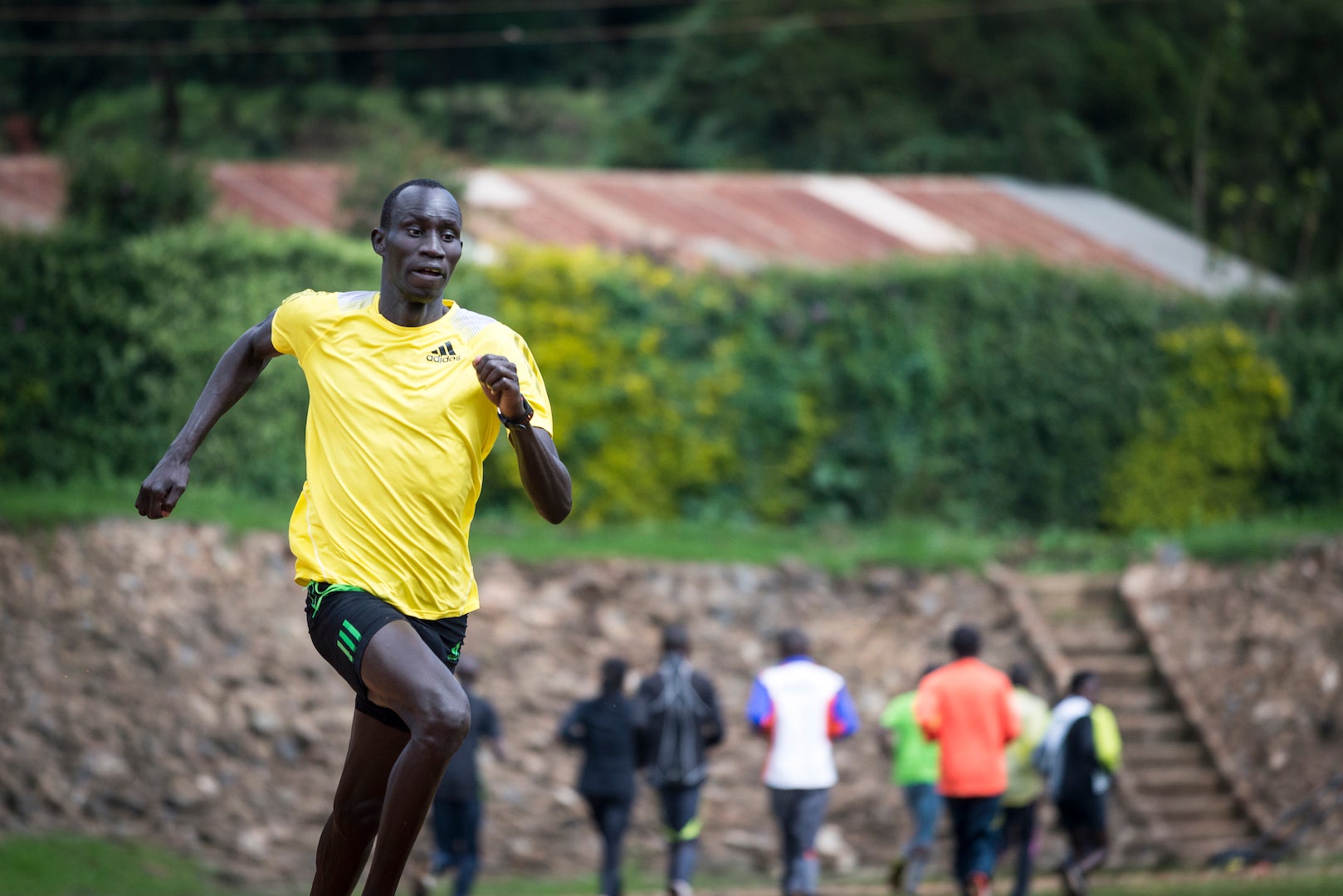
James Nyang Chiengjiek, 28, also looked after the cattle as a boy in his South Sudanese town, Bentiu. After his father, a soldier, died in 1999, he remained with his mother but eventually had to flee, risking being taken as a child soldier to fight the war. He arrived in Kakuma refugee camp in 2002, and remained there until he moved to Nairobi in 2013 to train as a short distance runner with the Tegla Loroupe Peace Foundation.
He is especially grateful for the people who helped him get this far. “Because I’ve been supported by someone,” he says, “I want to be able to support someone.”
Yonas Kinde, athletics (marathon), Ethiopia
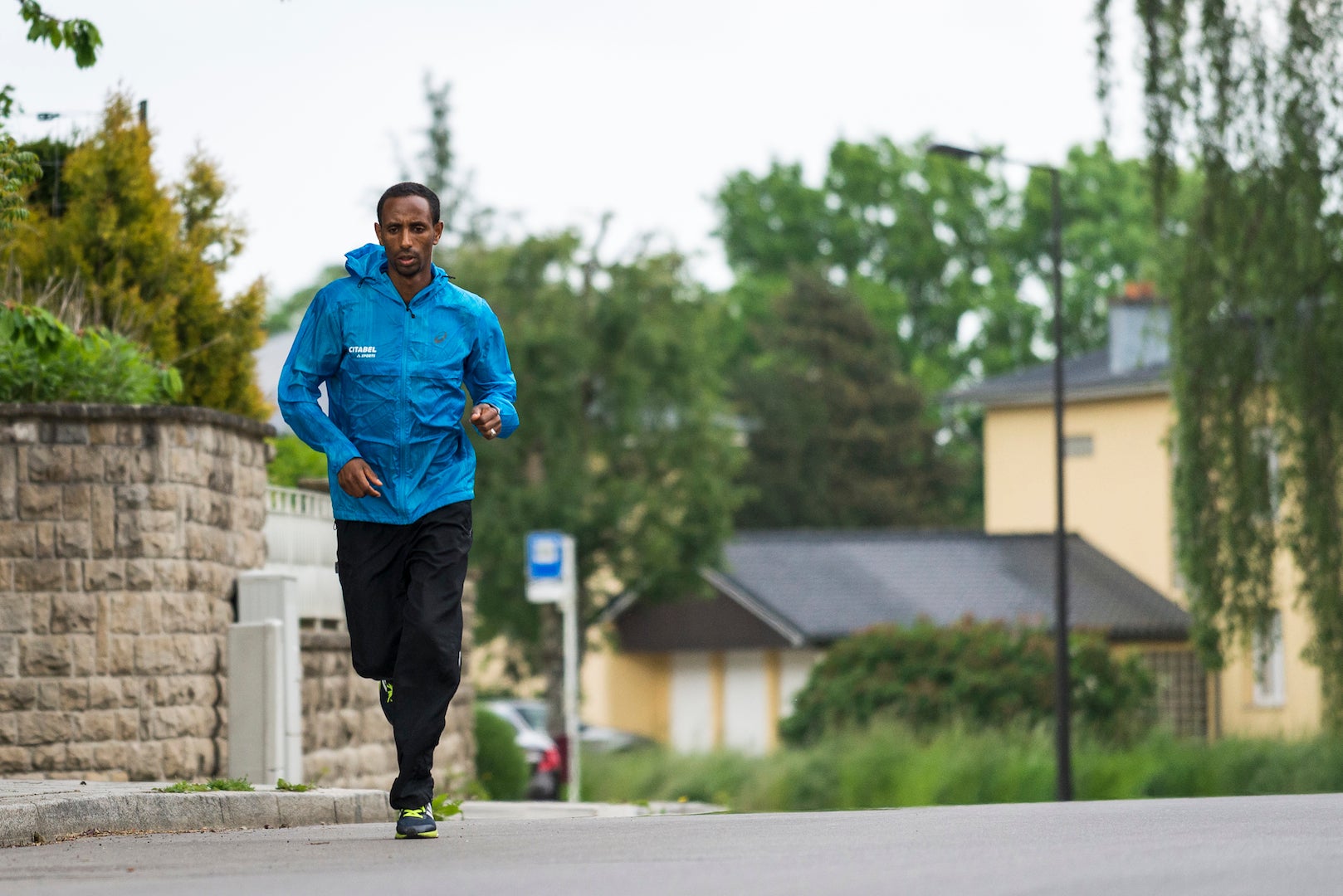
At 36, marathoner Yonas Kinde is the oldest of the athletes in the refugee team. He ran away from Ethiopia in 2013 and has been in Luxembourg under international protection since.
Before the refugee team was created, Kinde couldn’t participate to some important sporting events: “I’ve won many races but I don’t have a nationality to participate at the Olympic Games or European Championships,” he explains.
Though integration in Luxembourg hasn’t been the easiest, he says, “I am here and alive, so I’m happy. I’m lucky, also.”